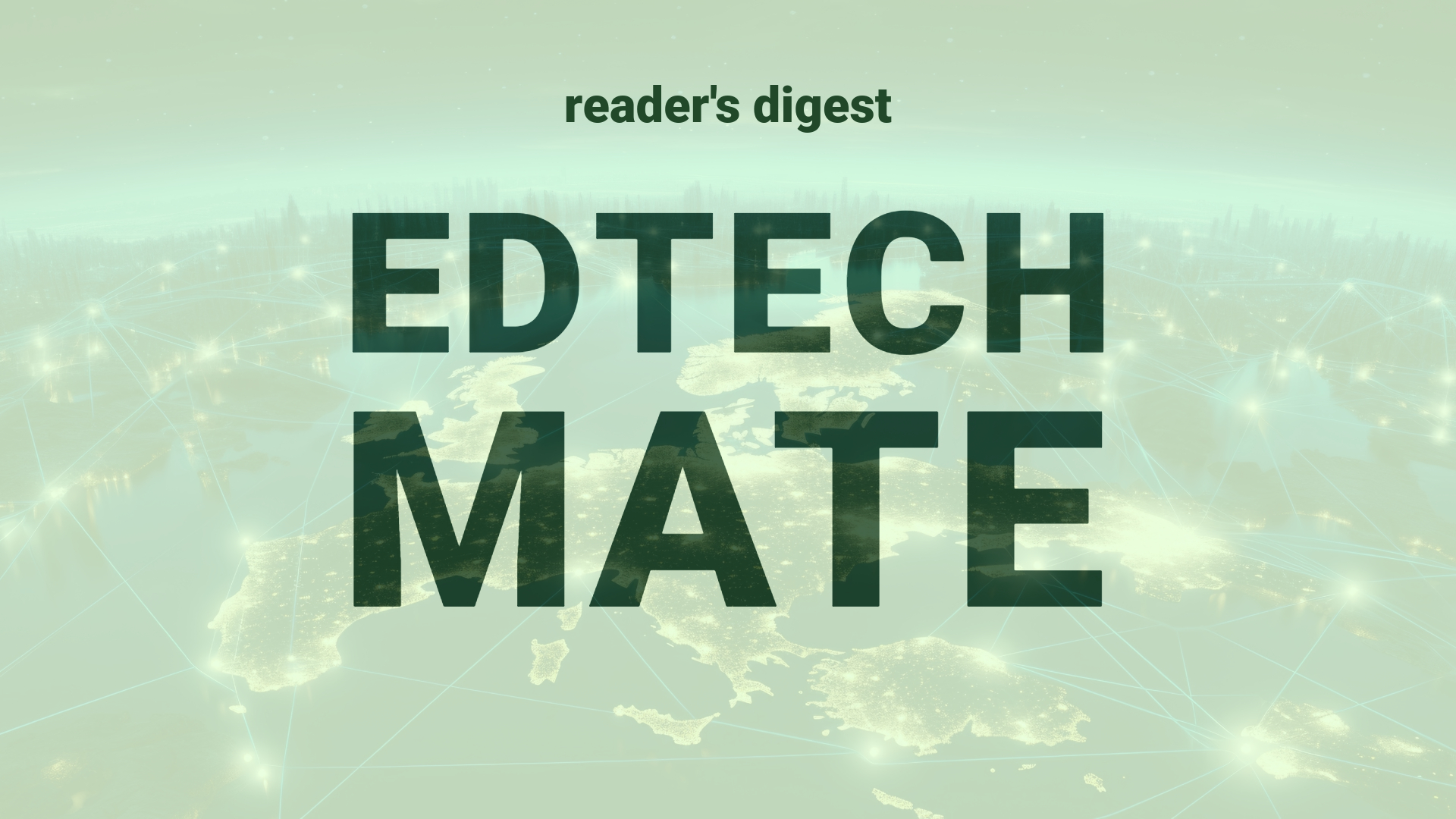Executive Summary and Main Points
Emerging trends in the global education technology sector are being showcased at the European Cloud and Collaboration Summit forthcoming in Wiesbaden, Germany. Keynote sessions from Microsoft specialists will focus on Azure Communication Services, Power Platform, and Microsoft Teams. Innovations like Azure’s pro-code copilot for voice, AI-powered customer communications, and event-driven development with Azure Event Grid illustrate a push toward more personalized and effective digital interaction platforms.
Potential Impact in the Education Sector
The integration of cloud-based services and AI in the education sector could facilitate transformative changes across multiple domains. In Further Education, it creates potential for more tailored instructional methods, while Higher Education could leverage these tools for improved research collaboration and administrative automation. Micro-credentials could be transformed by digitization to become more accessible and personalized, underpinning strategic partnerships between educational institutions and tech providers like Microsoft.
Potential Applicability in the Education Sector
AI and digital tool applications in global education systems can be innovative. For example, AI-enhanced communication services could serve in virtual teaching assistance, providing real-time language translation or adaptive learning support. Event-driven development could empower more scalable research project management systems. The fusion of Azure Communication Services with Microsoft Teams has the potential to improve virtual classroom connectivity, offering robust features such as advanced video and voice capabilities.
Criticism and Potential Shortfalls
While these technological advancements promise efficiency, they are not without criticism or potential shortfalls. Real-world examples show that not all educational environments have the infrastructure to support high-tech tools, leading to a digital divide. International case studies might reveal disparities in technological adoption and readiness between institutions. Additionally, ethical considerations include data privacy and AI bias, and cultural implications like the resistance to AI integration in traditional educational practices.
Actionable Recommendations
For current and future projects, educational leaders should consider mapping out infrastructure capabilities and readiness for digital transformation. They could anticipate ethical concerns by establishing robust data governance policies and promoting AI literacy to understand biases. Practical engagement with technological solutions may involve pilot programs for educator and student feedback, forging partnerships with technology providers, and structured professional development to integrate new tools organically into educational practice.
Source article: https://techcommunity.microsoft.com/t5/azure-communication-services/azure-communication-services-at-the-european-cloud-and/ba-p/4137212

